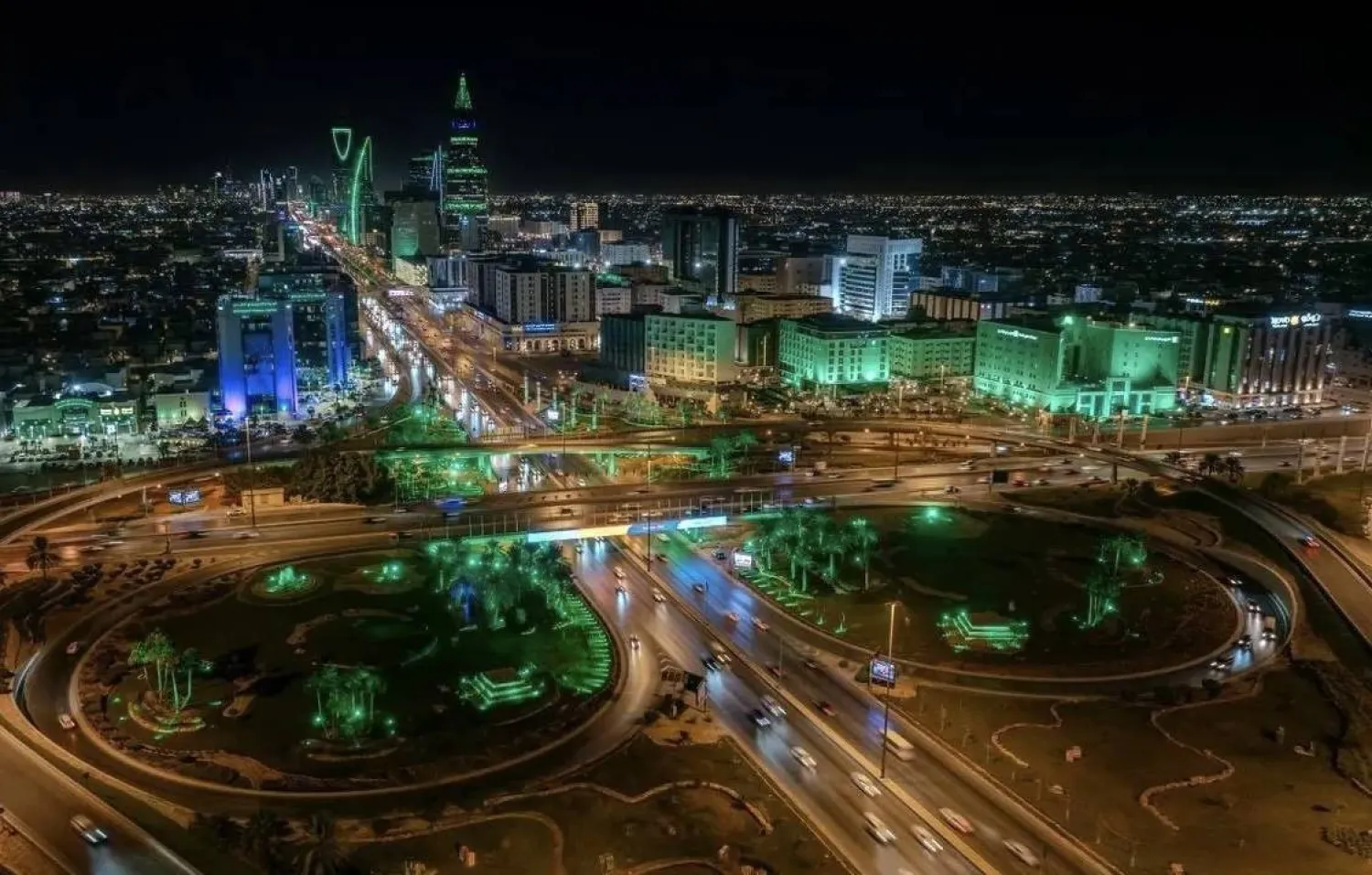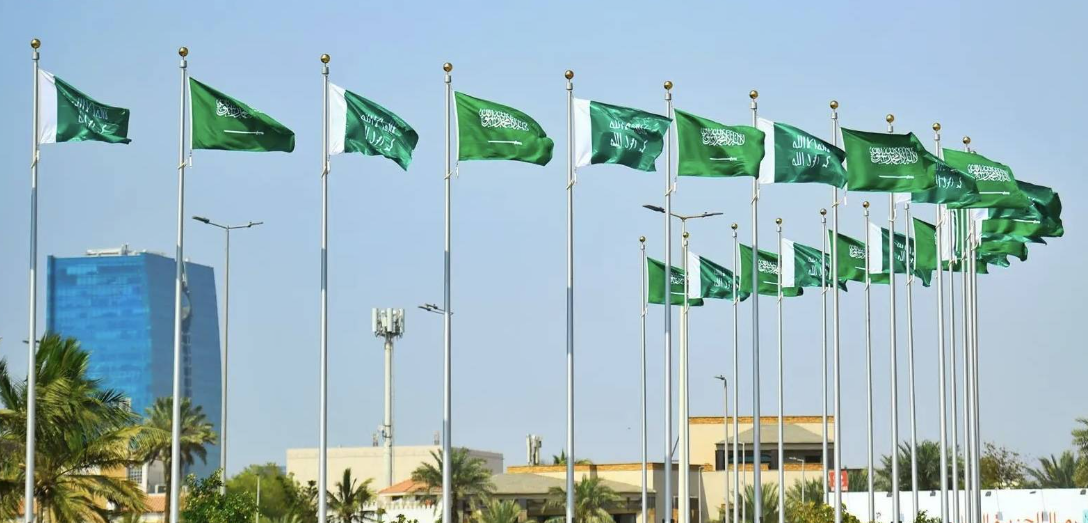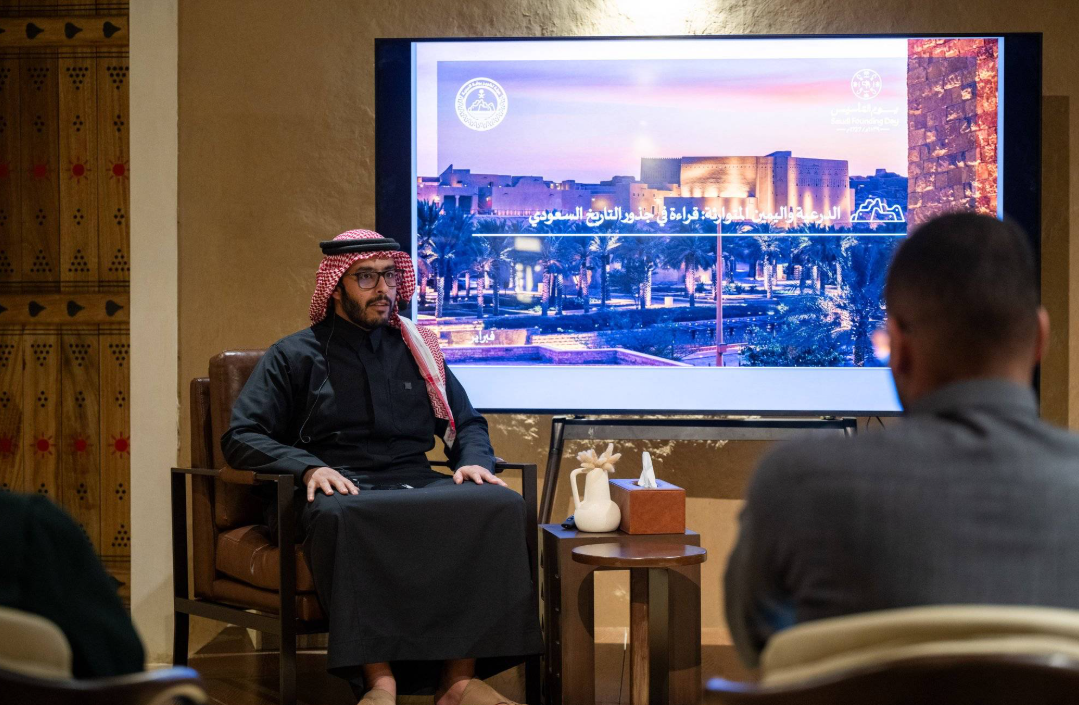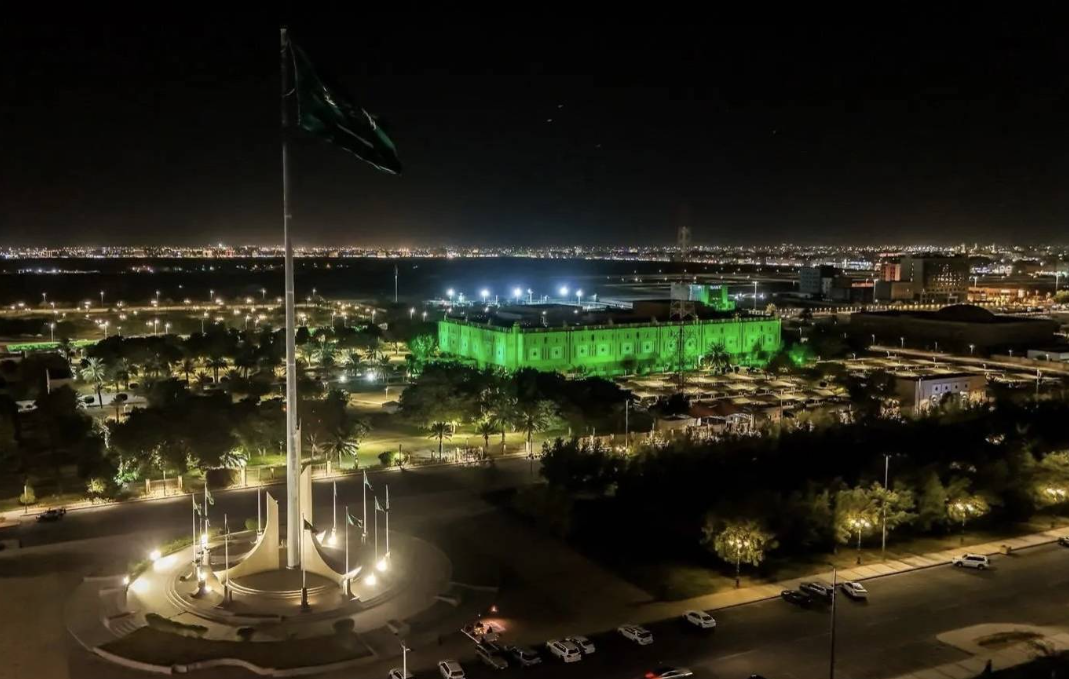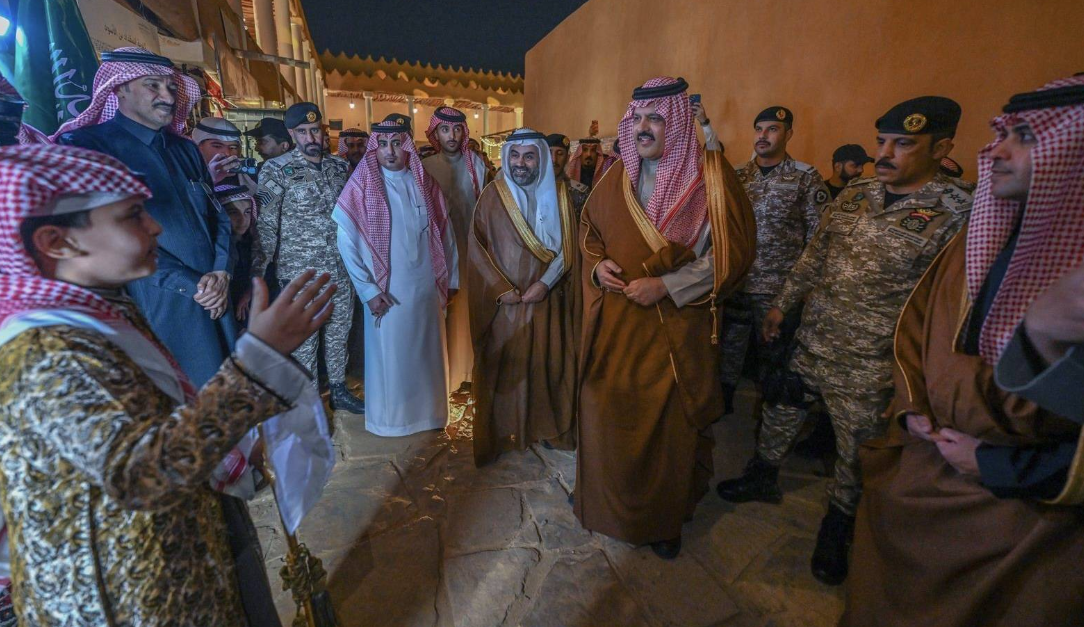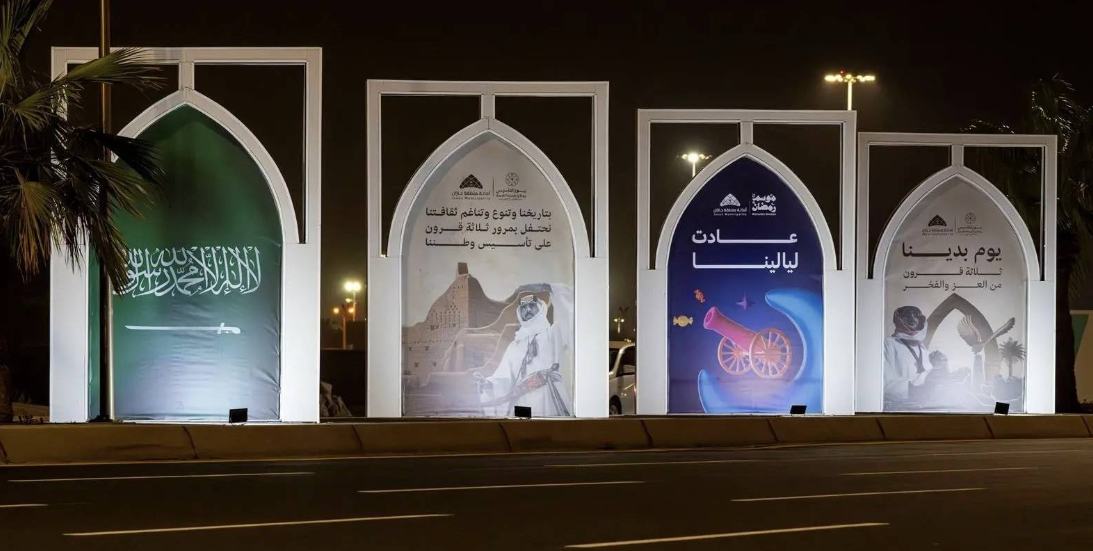At a hospital in Syria, Osama Abdel Hamid was holding back tears as he recalled on Monday the powerful earthquake that toppled his home and killed his neighbors, along with hundreds of his compatriots.
"We were fast asleep when we felt a huge earthquake," Abdel Hamid told AFP at Al-Rahma hospital in the northwestern Idlib province, where he was being treated for a head injury.
The 7.8-magnitude pre-dawn quake, whose epicenter was near the Turkish city of Gaziantep, wiped out entire sections of cities in Türkiye and war-ravaged Syria. Officials have put the combined death toll at more than 1,900.
When it shook the Abdel Hamid family's home in the village of Azmarin, near Syria's border with Türkiye, "I woke up my wife and children and we ran towards the exit door," the man said.
"We opened the door, and suddenly the entire building collapsed."
Within moments, Abdel Hamid found himself under the rubble of the four-storey building.
All of his neighbors died, but the family made it out alive.
"The walls collapsed over us, but my son was able to get out," Abdel Hamid said. "He started screaming and people gathered around, knowing there were survivors, and they pulled us out from under the rubble."
They were taken to the hospital in Darkush, a town several kilometers (miles) to the south along the Turkish border.
The facility soon had to take in patients far beyond its capacity and received at least 30 dead bodies.
An AFP photographer saw multiple ambulances arriving at Al-Rahma one after the other, carrying casualties including many children.
"The situation is bad," said Majid Ibrahim, general surgeon at the hospital, where by the late morning some 150 people injured in the quake had arrived.
"A lot of people are still under the debris of the buildings," he told AFP.
"We need urgent help for the area, especially medical help."
Many 'still trapped'
At least 810 people were killed across the war-torn country, the Syrian government and rescue workers said.
The health ministry, said at least 430 people were killed and 1,315 injured in government-controlled areas.
The White Helmets rescue group said at least 380 were killed and more than 1,000 injured in opposition-held areas.
It had cautioned earlier on Monday "the toll may increase as many families are still trapped."
In one crowded hospital room, injured people were lying on beds, some with bandages on their heads and others treated for fractures and bruises.
On one of the beds, a boy whose head was covered in a bandage was sleeping next to another patient.
And in another room, a young girl was crying as she received an injection, her hand in a cast.
Mohammad Barakat, 24, was being treated for a broken leg.
"I took my children and got out of the house," recalled the father of four, lying in bed with wounds covering parts of his face.
"My house is an old one, and construction is very old," he told AFP.
"So I got scared it might collapse on us. The walls of the neighboring houses began collapsing when we were out in the street."
'Judgement day'
The earthquake hit near Gaziantep in southeastern Türkiye at 04:17 am (0117 GMT) at a depth of about 17.9 kilometers (11 miles), the US Geological Survey said.
Tremors were also felt in Lebanon and Cyprus, AFP correspondents said.
In the town of Sarmada, in the countryside of Idlib province, a block of buildings had been levelled. The remains of solar panels and water tanks as well as mattresses and blankets were scattered above the ruins.
An AFP photographer saw rescue workers start to clear the rubble and remove big pieces of concrete in the hope of finding survivors.
Anas Habbash said he "ran down the stairs like crazy", carrying his son and ushering his pregnant wife outside of the apartment building in the northern city of Aleppo.
"Once we got to the street, we saw dozens of families in shock and fear," the 37-year-old told AFP.
Some knelt down to pray and other started crying "as if it were judgement day".
"I haven't had that feeling all through the years of the war" in Syria since 2011, Habbash said.
"This was much more difficult than shells and bullets."






